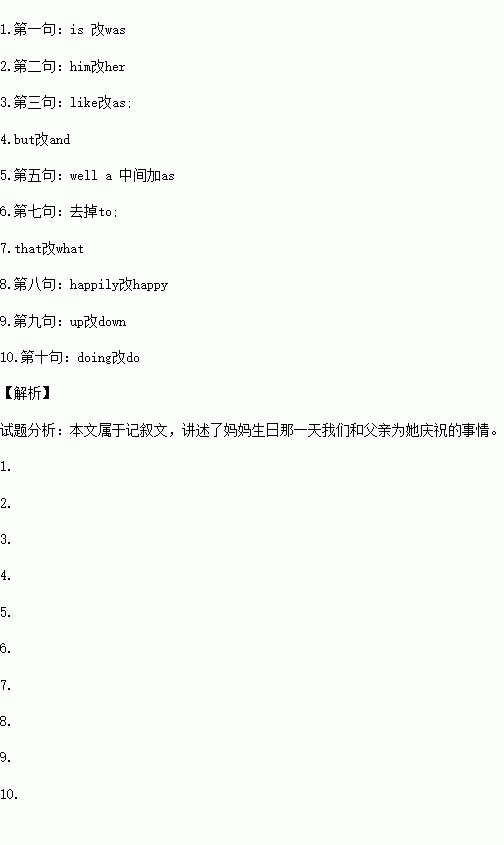A small group of people around the world have started implanting(移植) microchips to link the body and the computer.
Mr. Donelson and three friends, who had driven 100 miles from their homes in Loockport, New York, to have the implants put in by Dr. Jesse Villemaire, whom they had persuaded to do the work, are part of a small group, about 30 people around the world, who have independently put in microchips into their bodies, according to Web-based reports.
At a shop William Donelson was having a four-millimeter-wide needle put into his left hand. “I’m set,”he said with a deep breath. He watched as the needle pierced(刺穿) the fleshy webbing between his thumb and a microchip was set under his skin. At last he would be able to do what he had long imagined: strengthen his body’s powers through technology.
By putting the chip inside—a radio frequency identification device (RFID)—Mr. Donelson would have at his fingertips the same magic that makes safety gates open with a knock of a card, and bridge and tunnel traffic flow smoothly with an E-Zpass. With a wave of his hand he plans to connect with his computer, open doors and unlock his car.
Implanting the chip was relatively simple task but very meaningful to Mr. Doneselson, a 21-year-old computer networking student so interested in the link between technology and the body that he has data-input jacks(数据输入插空) inside his body. They might lead to an imagined future when people can be connected directly into computers. His new chip is enclosed in a glass container no bigger than a piece of rice and has a small memory where he has stored the words “Technology”.
Some doctors have done the piercing in people’s homes, and others have implanted chips in their offices after patients signed forms showing the fact that long-term studies have not been done on their safety. Piercers treat the implants much like any other medical operation steps, instructing people to keep the site dry, and advising them that swelling and redness should last a week.
1.With a RFID implanted, which of the following will Mr. Donelson be able to do?
A. Make a safety gate open with a knock of a card.
B. Make bridge and tunnel traffic flow smoothly with an E-Zpass.
C. Open doors and unlock his car with a wave of his hand.
D. Turn his body and brain directly into computers.
2. The underlined word “they” in paragraph 5 refer to “___________”.
A. glass containers
B. implanted computer chips
C. data input jacks
D. computer and networking students
3. Which of the following would be the best title for the passage?
A. High Tech, Under the Skin
B. A Needle, So Magic
C. Donelson, a Powerful Man
D. Data-input Jacks, Inside the Body
4.We can conclude from the passage that __________________.
A. Mr. Donelson has made a large sum of money by the piercing.
B. the Piercers are people working in the computer field
C. the piercing has no side effect and it will make people intelligent
D. the long term effects of these implants are not yet known
5.What will happen to the site on the body after the operation?
A. There will be swelling and redness.
B. The site will be dry.
C. Nothing will happen at all.
D. The pain will remain for a week.

